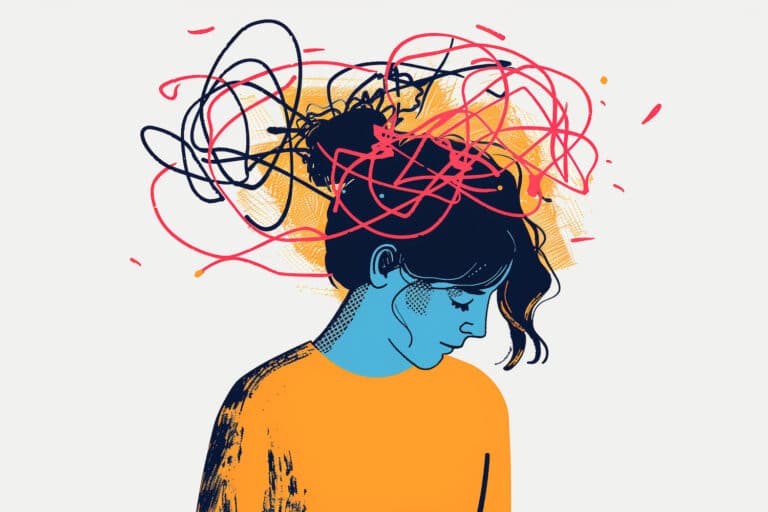We have entered the time of year that is full of family and social events. When your loved one is struggling with an eating disorder, the holidays can become complicated. During these times of togetherness, we often struggle with what to say or how to act. Even with the best intentions, we might find ourselves searching for pleasant conversations, or avoiding our loved one altogether. The most important thing you can do is focus on taking care of your loved one, and be prepared as they may be experiencing feelings of shame, embarrassment, guilt, and anxiety. Often people without a mental health condition have additional thoughts and feelings stirred over the holidays so it is very important to slow down and pay attention to ourselves and those we love.
How can you make your time together more enjoyable?
Spending time with your loved one in a comfortable and positive environment using these suggestions can enhance that time.
- Use “I” statements such as “I care about you,” or “I am here for you.”
- Make your loved one feel comfortable and let them know it is safe to talk to you.
- Encourage them to express how they feel; it is important for you to understand their feelings.
- Give your loved one time to talk, don’t rush them through conversations.
- Listen to what they say without judgment or criticism.
What are some things you shouldn’t say to your loved one?
- “You don’t look sick.” There are numerous types of eating disorders, but not all of them change someone’s physical appearance drastically. Anorexia includes a weight criterion, but others do not. Most people with an eating disorder are not underweight. While you might think this is a compliment, you are sending a message that their problem isn’t real.
- “You look so healthy.” It’s tempting to comment on how much better someone might look, but unfortunately, your loved one may interpret it as “You have gained weight.” A better choice of words might be, “You look happy.”
- “Don’t you know you’re hurting yourself?” Although this may come from a place of caring for your loved one, it may seem condescending. A person with an eating disorder knows they are damaging their body, and that inspires their feelings of guilt and shame.
- “You are making me worry.” While this may seem like a normal statement, it implies that your loved one is doing something wrong. Say “I am worried about you,” which lets them know you care and are concerned about them.
These guiding principles can make it easier for you and your loved one to enjoy your time together during the holidays. Remember, all people want to talk about things other than food and their body. Treat them like that and be there for them.
Families of those suffering from an eating disorder are dealing with something that they may have never anticipated, and often don’t understand. Research shows that there is a significantly higher rate of recovery when there is supportive family involvement. At Magnolia Creek, we support a family view in eating disorder recovery; as such, the family’s role in the treatment process is a powerful resource in the recovery journey. Our family program provides education, advocacy, and therapy for family members so they can better understand their loved one’s disorder. At the beginning of treatment, clients meet with their treatment team to establish family relationship goals; identify the family members or support system with whom they would like to work in family therapy.
Cyndi, whose daughter was in treatment at Magnolia Creek, says family therapy helped her to learn boundaries – things she could and could not say to her daughter, “I am now vigilant and aware of the way she thinks, things are perceived differently by someone with an eating disorder. We don’t make a big deal about food in our family. When your loved one is recovering from an eating disorder, it is a learning process for everyone.”
Dealing with a loved who has an eating disorder can be difficult and can throw the family out of balance. However, as your loved one recovers, family dynamics do begin to repair. Throughout the recovery journey, your loved one becomes stronger, and families can push beyond their comfort zone and deal with necessary matters to create change. While there is no cure for holiday stress and anxiety, mentally preparing yourself for the challenges ahead can help boost your mind, body, and spirit.




